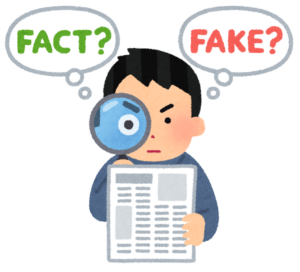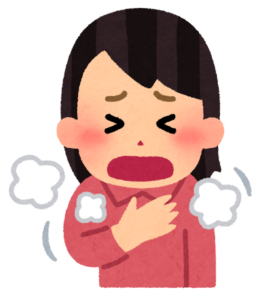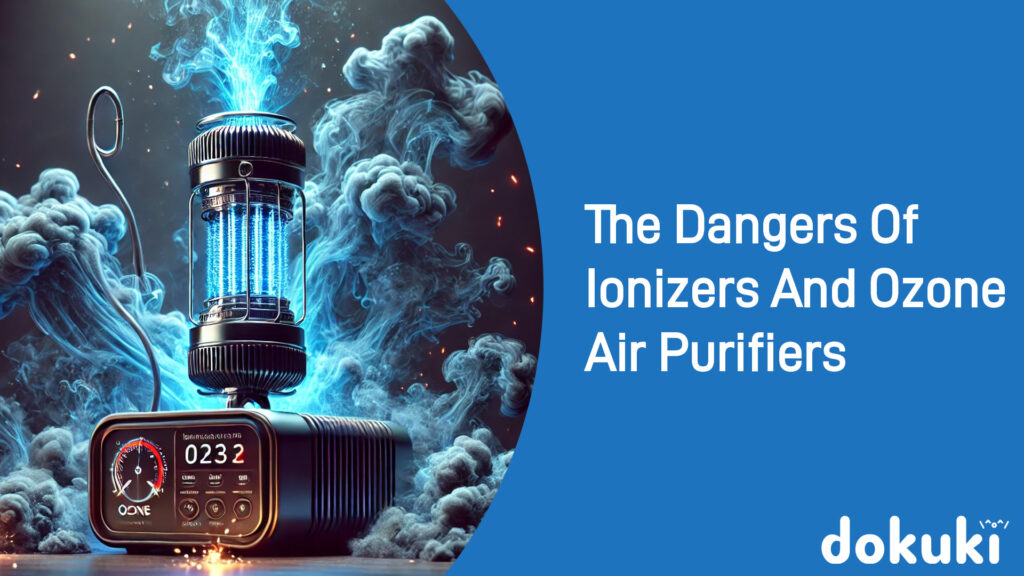If you’ve tried looking for a room air purifier, you may have noticed products that include negative ion generators, ionizers, electronic air cleaners, and ozone generating air purifiers that claim to clean the air.
Are air purifiers that use ion and ozone effective, and are they safe to use? Let’s find out.
What are ionizers?
Ionizers are devices that electrically charge particles in the air, causing them to be stuck onto people, animals, and furniture.
Pollutants in the air, such as dust, tobacco smoke, and pollen, could stick to your skin or shirt after they are charged by an ionizer.
Unlike room air purifiers that solely rely on mechanical air filtration (removing pollutants by pulling air via a fan through a filter), in reality, ionizers do not remove any pollutants in an indoor space as they will eventually get stuck onto a surface.
You may notice an ionizer is running in an indoor space when you sense any of the following:
- Ozone smell (described as something that smells similar to bleach by some)
- Electrostatic sensation/feeling in the air on your fingers or skin
- Buzzing sound
Some people with respiratory conditions may find it hard to breathe in rooms where an air purifier equipped with an ionizer is running in the background.
Do they work at cleaning the air?

Studies show that ionizers are ineffective at cleaning the air. The main reason is because the levels needed for it to be effective are above what is considered safe for humans.
Due to the way ionizers work, there are concerns that they produce new VOCs (volatile organic compounds) through chemical reactions when they interact with different types of VOCs and gases, according to a study by Portland State University. This is counter productive for those who wish to improve their indoor air quality.
“Both the chamber and field tests suggested that the use of the tested bipolar ionization unit led to a decrease in some hydrocarbons (e.g., xylenes) among the lists of compounds we were able to analyze, but an increase in others, most prominently oxygenated VOCs (e.g., acetone, ethanol) and toluene.“
Despite their ineffectiveness, some manufacturers continue to include ionizers in their products as a cheap and easy way to slightly inflate the overall Clean Air Delivery Rate (CADR) of their air purifier in test reports, making their products “look better” to unsuspecting consumers.
Unlike mechanical air filtration, there are no rigorous industry standards to measure the performance and safety of ionizers, despite their decades-long presence in the market.
The biggest problem with ionizers, however, are their potential harmful health effects.
The dangers of ozone

Ionizers and other similar devices produce a byproduct gas called ozone, a lung irritant that is harmful to human health.
Some national and local authorities have imposed limits on the amount of ozone that can be produced by ion generators. However, an ionizer can produce ozone at concentrations above this limit under certain conditions, or when it becomes faulty.
According to the American EPA, potential health effects of ozone exposure include:
- Decreases in lung function
- Aggravation of asthma
- Throat irritation and cough
- Chest pain and shortness of breath
- Inflammation of lung tissue
- Higher susceptibility to respiratory infection
Long-term exposure to ozone could also increase the risk of certain respiratory health conditions, such as asthma.
Ozone could also have toxic effects on animals, so they should not be used in places where pets or animals are present.
Conclusion – Avoid air purifiers that use ionizers
Researchers and indoor air quality experts have been actively discouraging the use of air purifiers that include ionizers and/or emit ozone due to their potential harmful health effects and ineffectiveness, which could lead to a false sense of security.
You should look for products that rely on a tried-and-tested method of air purification – mechanical air filtration. Air purifiers that solely use a fan and filter are used in industrial, commercial, and medical settings every day because they are effective at cleaning the air, and most importantly, they do not cause any harmful health effects.
Now that you understand the problems with ionizers, it’s time to learn how to choose the best air purifier for your home or business.

